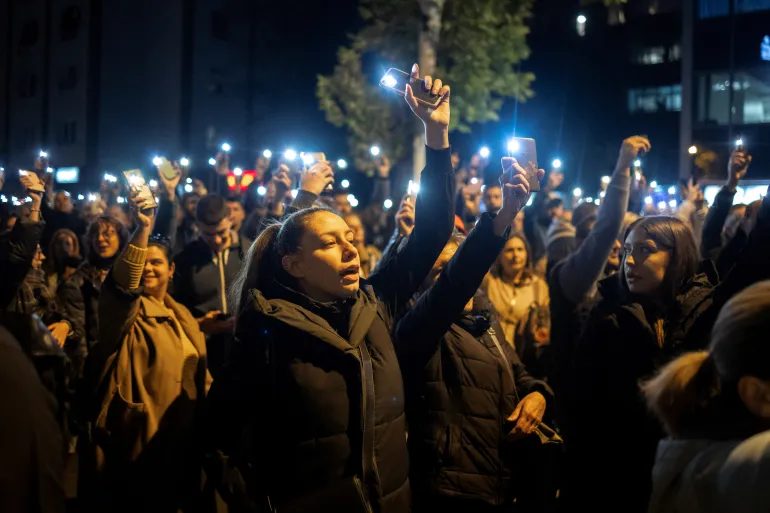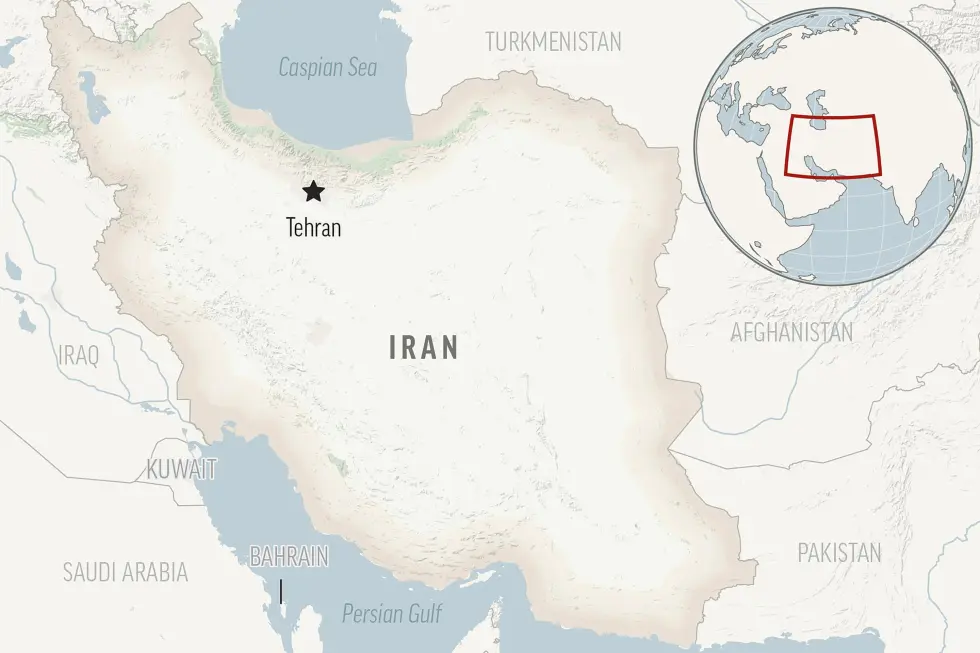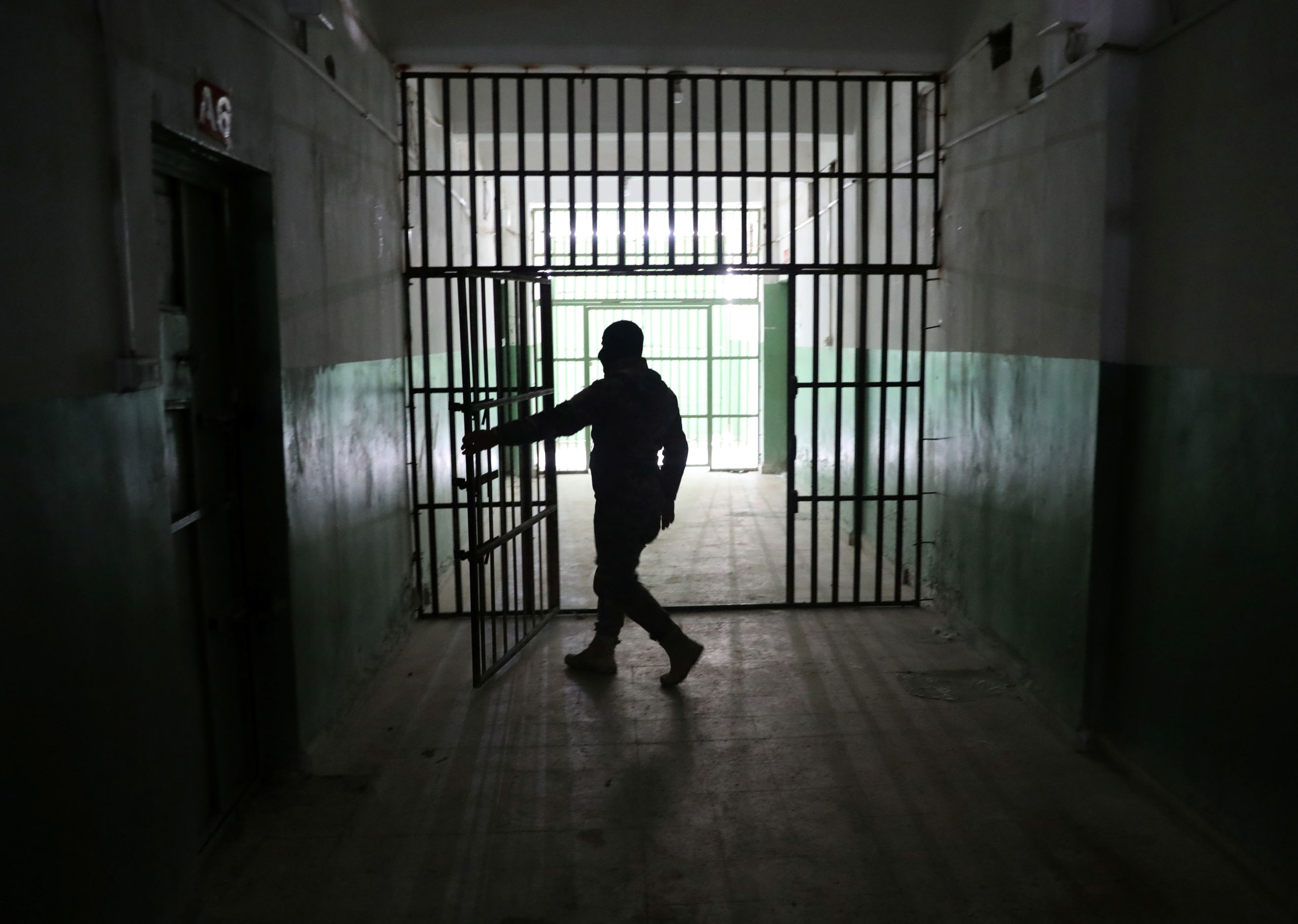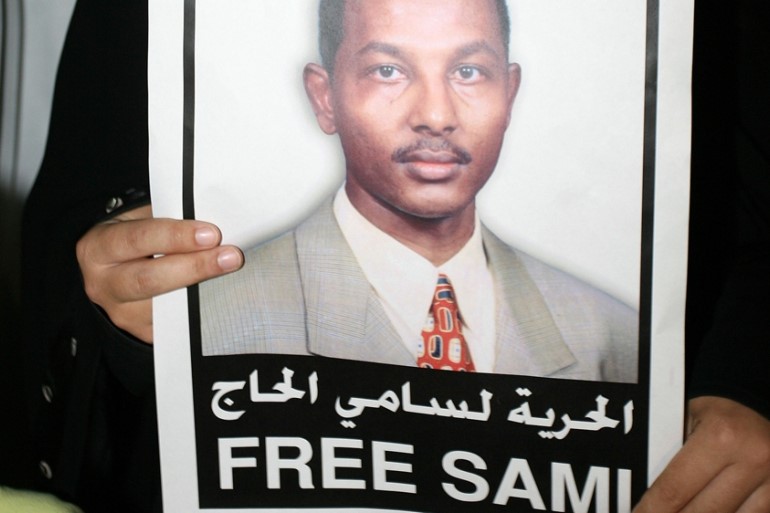Serbia Faces Calls to Enhance Protections Against Torture in Detention Facilities

Archive/Serbia ratified the Optional Protocol to the UN Convention Against Torture (OPCAT) in 2013, committing to establish a national preventive mechanism tasked with regular inspections to avert torture and inhumane treatment/UN
Following its first official visit to Serbia, the United Nations Subcommittee on Prevention of Torture (SPT) has urged the Serbian government to strengthen measures that protect detainees from torture and ill-treatment. The experts emphasized the critical importance of Serbia’s national preventive mechanism (NPM) in fulfilling this mission, highlighting the need for it to operate independently and with sufficient resources.
From 15 to 21 June, the SPT delegation conducted unannounced inspections across various institutions, including prisons, remand centres, police holding cells, and care homes for vulnerable groups such as children and the elderly. The purpose of these surprise visits was to observe conditions firsthand and evaluate compliance with international human rights obligations.
Massimiliano Bagaglini, who led the delegation, acknowledged Serbia’s ongoing efforts to improve detention conditions but stressed that significant challenges remain, particularly in the criminal justice system and social care institutions. “The role of the national preventive mechanism is fundamental,” he said. “For it to be effective, it must be independent, properly funded, and empowered to carry out its work without hindrance.”
During the mission, the delegation held confidential interviews with detainees and facility staff to gain insight into daily realities within these institutions. They also met government representatives, the Ombudsperson’s office—including its NPM unit—civil society organisations, and UN agencies. In a show of cooperation, the SPT also conducted joint visits with members of Serbia’s own NPM to support and strengthen their efforts.
Among the most pressing concerns identified were lengthy pretrial detentions under restrictive conditions, which disproportionately affect children and can increase the risk of mistreatment. The delegation also expressed unease about the situation in facilities for persons with disabilities, urging authorities to introduce stronger safeguards to prevent abuse.
Serbia ratified the Optional Protocol to the UN Convention Against Torture (OPCAT) in 2013, committing to establish a national preventive mechanism tasked with regular inspections to avert torture and inhumane treatment. While Serbia’s legal framework prohibits torture, the delegation found that practical enforcement and oversight require improvement, especially regarding detainees’ rights and treatment.
A confidential report detailing the SPT’s observations and recommendations will be submitted to the Serbian government. The Subcommittee encourages the government to make the report publicly available to foster transparency and support meaningful reform.
The delegation included experts Massimiliano Bagaglini (Italy), Vasiliki Artinopoulou (Greece), Kalliopi Kambanella (Cyprus), and Nika Kvaratskhelia (Georgia), accompanied by two human rights officers from the SPT Secretariat.
UN
- Most Viewed
- Most Popular

















